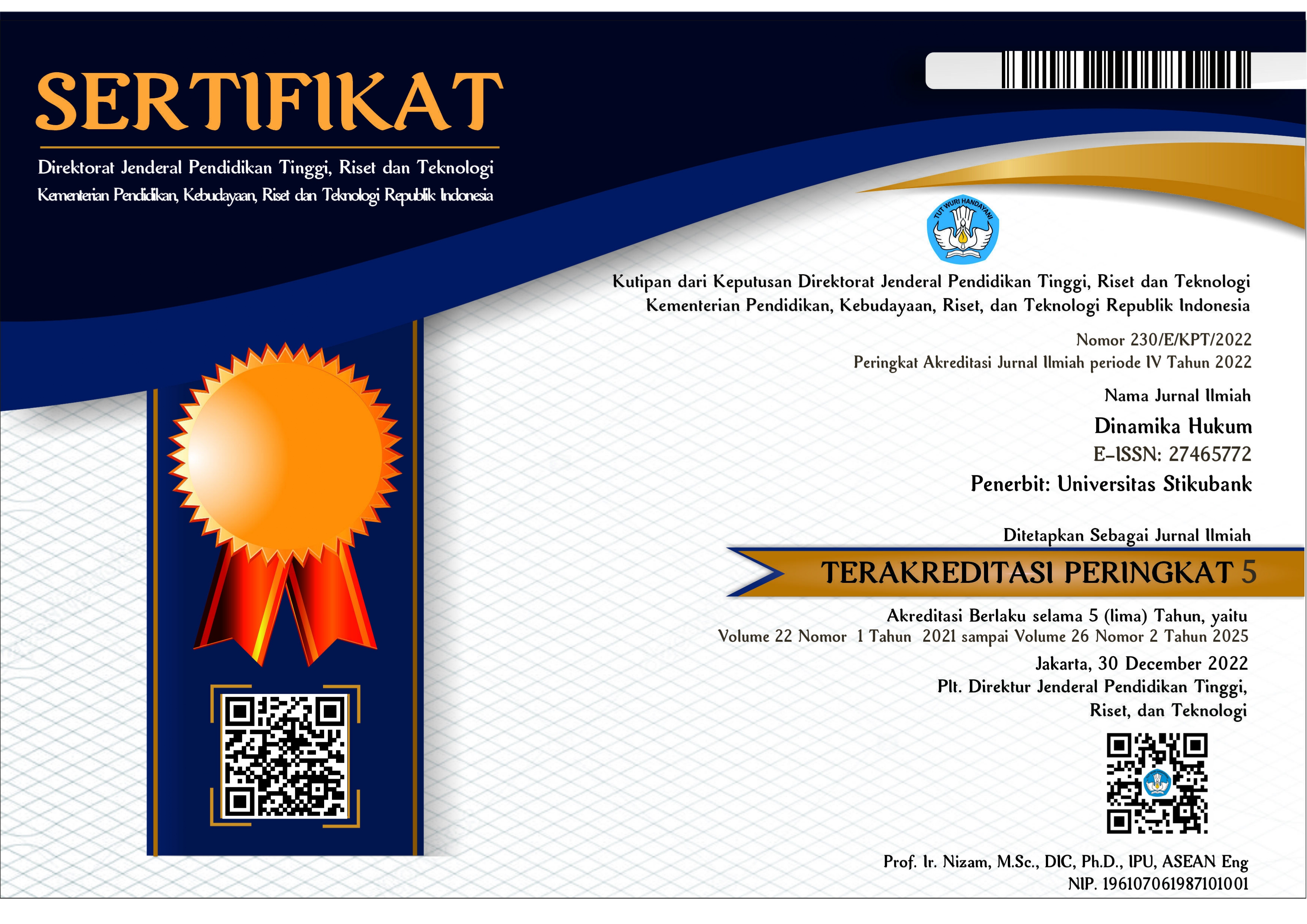PERAN MASYARAKAT SIPIL DALAM PENGUATAN DEMOKRASI POLITIK ISLAM DI INDONESIA
Abstract
Civil society is a socio-political construct that places Islam and the State in a state of mutual need, namely, Islam, on the one hand, as a moral guide for state management, and the State, on the other, as a foundation for Islamic values. This conception refers to the significant amount of the Medina-built society of the prophet Muhammad and Khulafaurrasyidin, which consists of five key pillars: monotheism, humanism, deliberations, justice, and Brotherhood.
This artiicle aims to investigate how civil society interacts with the growth of political democracy in Indonesia. The researcher used descriptive qualitative techniques in this investigation by analyzing primary data collected from library studies. The data were processed using discourse analyzes and hermeneutic analysis techniques. Besides, the researchers used the historical, sociological, philosophical, and theological convergence approach. The article result revealed that the process of consolidating and improving political democracy in Indonesia remained bureaucratic and did not wholly represent civil society characteristics.
Copyright (c) 2024 Akhmad Mundakir, Dini Amalia Fitri

This work is licensed under a Creative Commons Attribution 4.0 International License.











